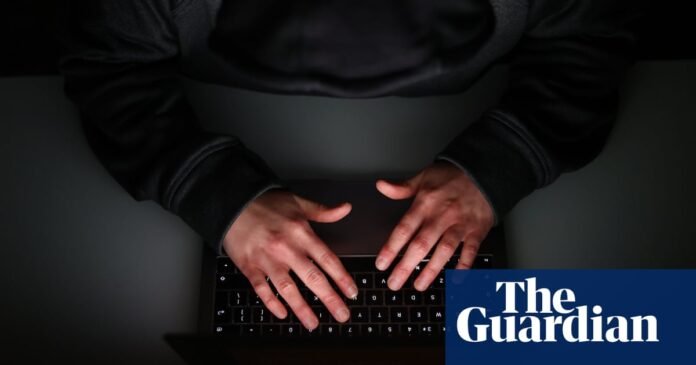The Rising Cyber Threat: A Call to Action for the UK
In an era where digital connectivity is paramount, the United Kingdom faces an escalating threat from hostile states and criminal gangs in cyberspace. Richard Horne, the newly appointed head of GCHQ’s National Cyber Security Centre (NCSC), is set to deliver a stark warning about the severity of these threats, emphasizing that the risks are being widely underestimated. His remarks come at a critical time, as the UK grapples with increasing cyber incidents that threaten both public and private sectors.
A Surge in Cyber Incidents
In his inaugural speech, Horne will highlight a troubling trend: a trebling of “severe” cyber incidents over the past year. The NCSC’s annual review reveals that the agency responded to 430 significant incidents between September 2023 and August 2024, compared to 371 the previous year. Among these, 12 incidents were classified as “top end” attacks, marking a significant escalation in the severity of threats faced by the UK.
Horne will attribute this rise to the “aggression and recklessness” of cyber activities emanating from Russia and the “highly sophisticated” operations of Chinese cyber actors. He warns that hostile entities are increasingly aiming to cause maximum disruption and destruction, underscoring the need for heightened vigilance and preparedness.
The Nature of the Threat
The NCSC’s review does not differentiate between state-sponsored attacks and those carried out by criminal gangs, but it is clear that both pose significant risks. Cybercriminals, particularly ransomware gangs, have become adept at paralyzing organizations’ IT systems and demanding ransom payments in cryptocurrency. Recent high-profile attacks on institutions like the British Library and Synnovis, which manages NHS blood tests, illustrate the human cost of these cyber threats. Horne emphasizes that these incidents reveal our dependence on technology for essential services and knowledge access.
The Role of State Actors
Horne’s speech will also address the role of state actors in the cyber threat landscape. Russia’s ongoing aggression, particularly in the context of its invasion of Ukraine, has emboldened non-state actors to launch cyber-attacks against critical infrastructure in the West. Meanwhile, Chinese hackers, such as the Volt Typhoon group, have targeted U.S. infrastructure and are believed to be laying the groundwork for future disruptive attacks. In the UK, Beijing-linked groups have targeted political figures and sensitive databases, raising alarms about the integrity of national security.
The report also highlights the evolving capabilities of other nations, including Iran and North Korea. Iran is reportedly developing its cyber capabilities to disrupt UK interests, while North Korean hackers are targeting cryptocurrency and defense data to bolster their regime’s resources and security.
A Call for Increased Vigilance
Horne’s comments serve as a clarion call for both public and private sector organizations to recognize the scale of the cyber threat. He stresses that there is “no room for complacency” regarding state-led threats or the volume of attacks from cybercriminals. The defense and resilience of critical infrastructure, supply chains, and the wider economy must improve to keep pace with the evolving threat landscape.
Experts in the field, such as Alan Woodward, a professor of cybersecurity, echo Horne’s sentiments. They warn that the government’s message is a “klaxon” call for organizations to remain vigilant and proactive in their cybersecurity measures. The gap between the exposure to threats and the defenses in place is widening, and urgent action is required to address this disparity.
Conclusion
As the UK navigates an increasingly complex cyber threat environment, the warnings from Richard Horne and the NCSC cannot be ignored. The rise in severe cyber incidents, coupled with the sophisticated tactics employed by state and non-state actors, underscores the urgent need for enhanced cybersecurity measures across all sectors. The time for complacency has passed; it is imperative that organizations take proactive steps to fortify their defenses and safeguard the nation’s critical infrastructure against the looming cyber threats of the future.

